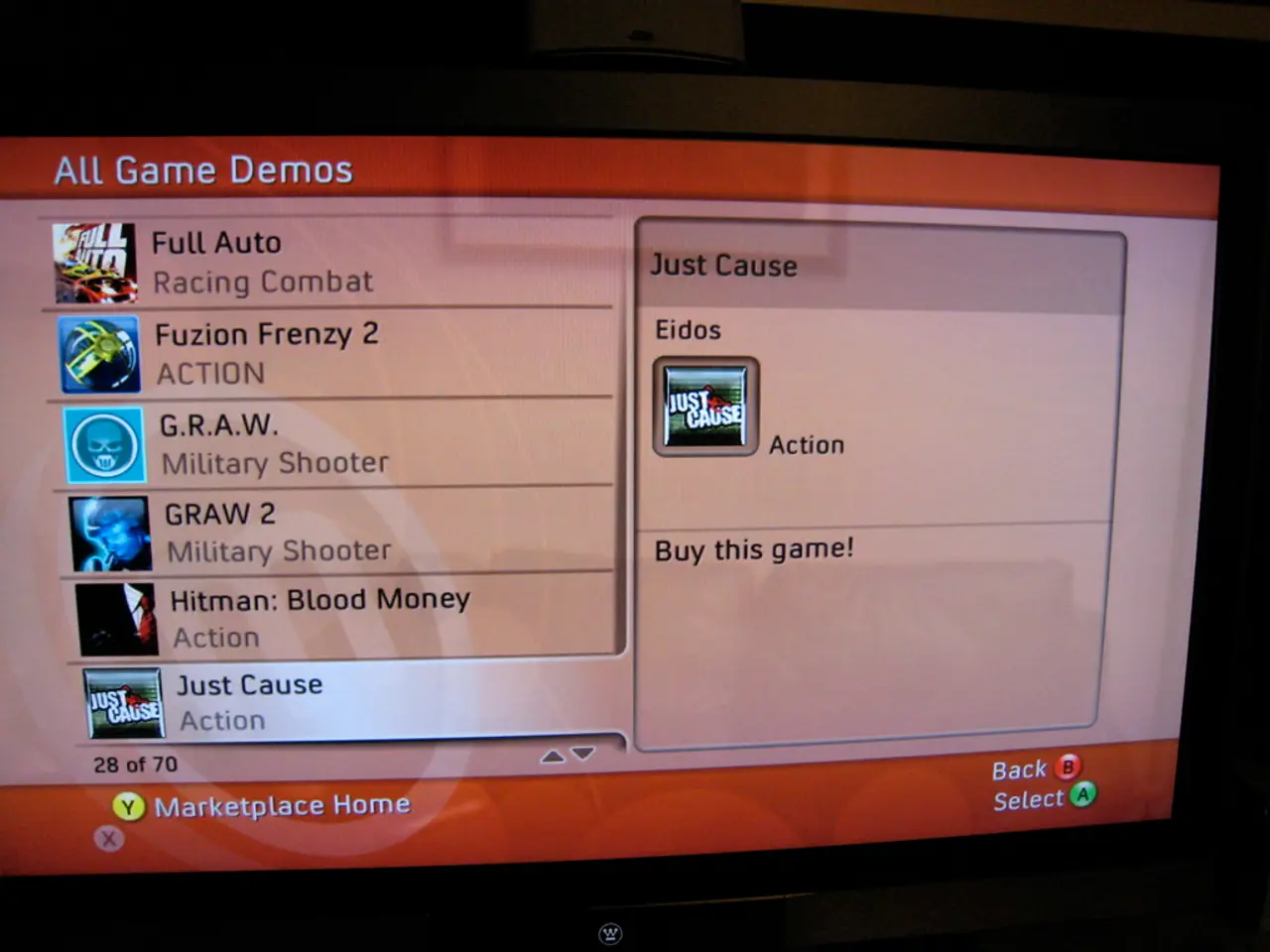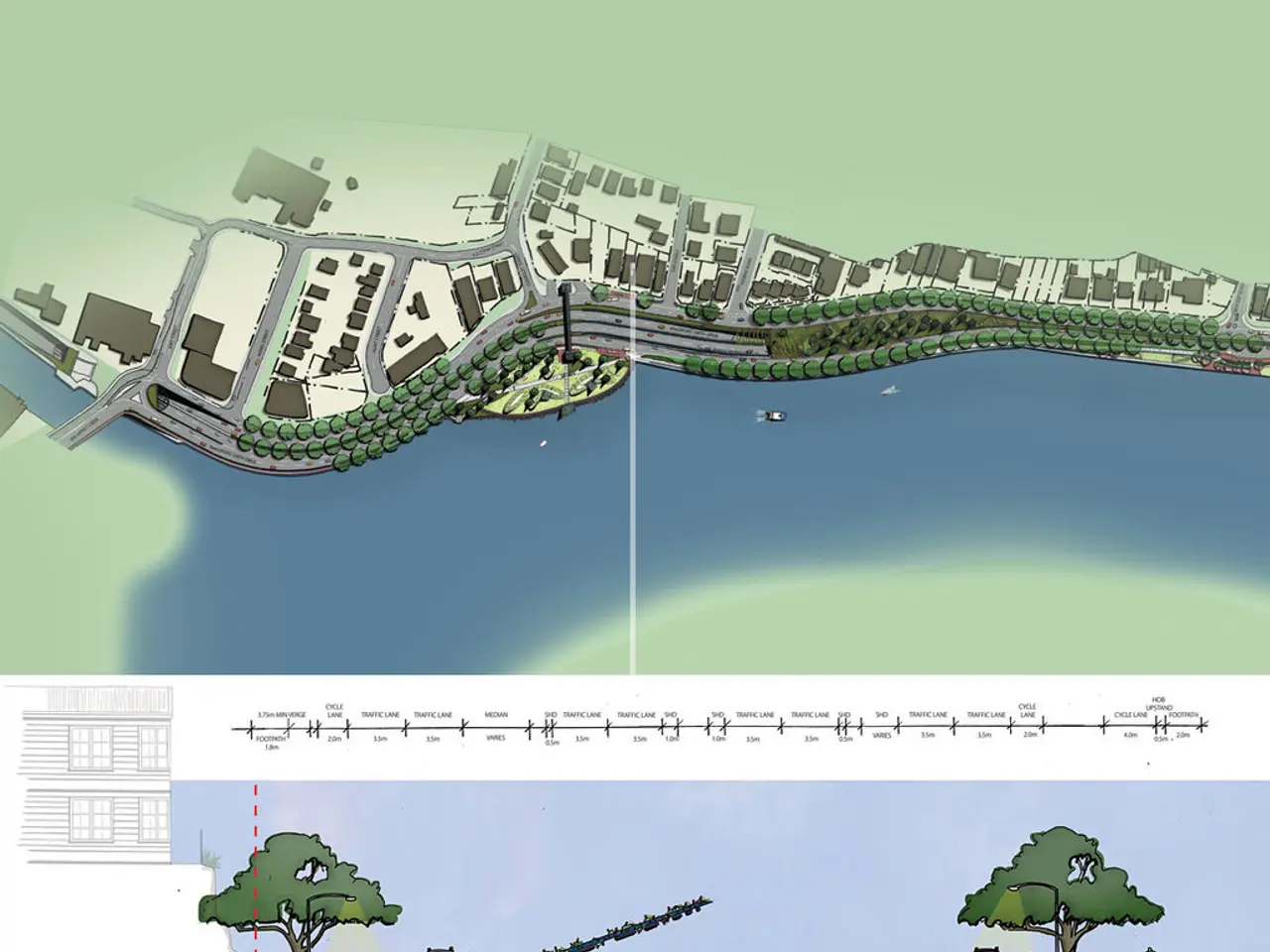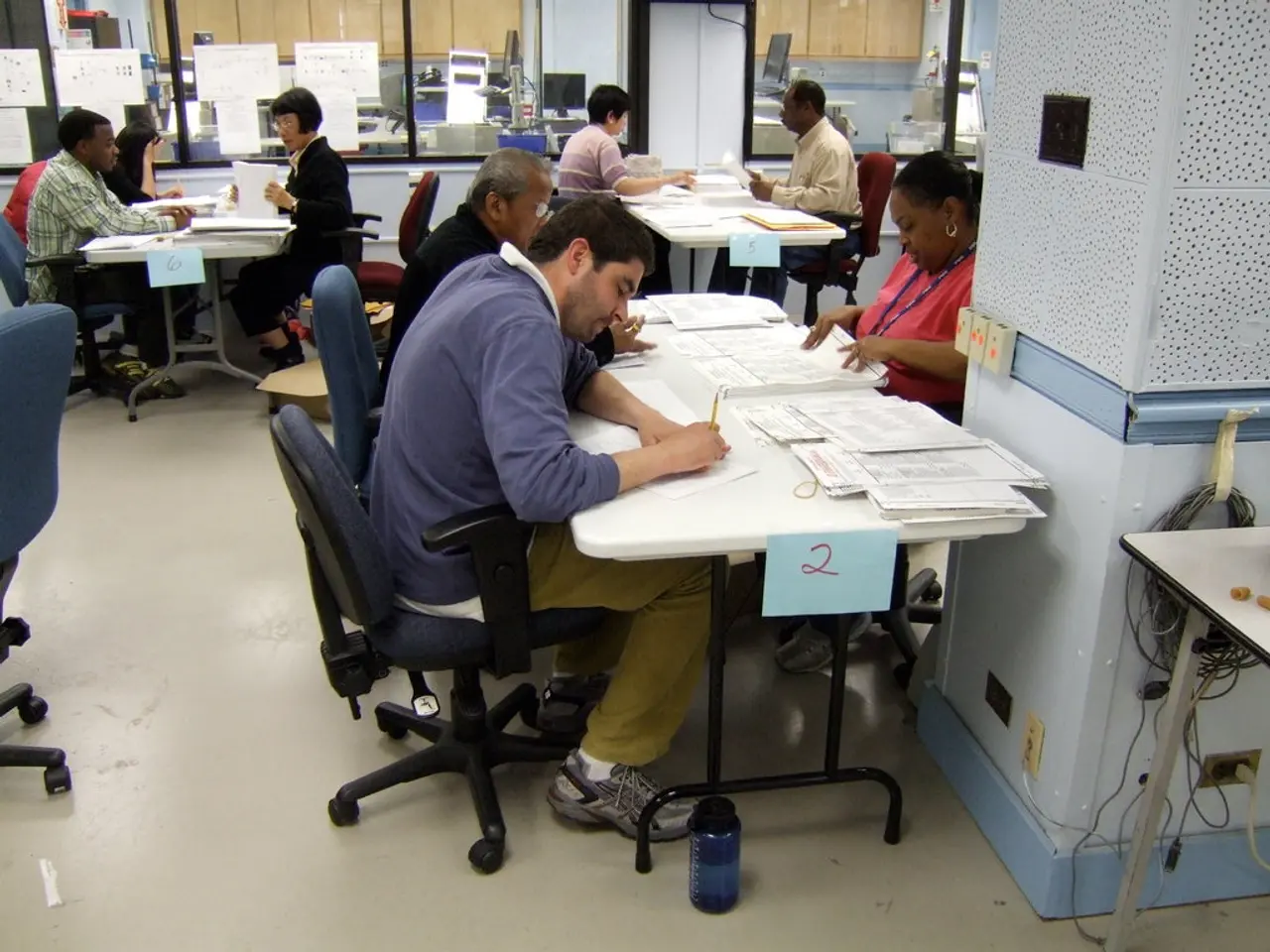Exploring Cryptocurrencies: Seeking Redemption or Deception?
In the heart of Montenegro, an intriguing experiment in socio-technical innovation is taking shape. Known as Zuzalu, this invite-only, ephemeral crypto enclave is at the forefront of a new wave of techno-spiritual communities that are redefining the boundaries of blockchain technology and social experimentation.
Zuzalu represents a fusion of specialized, secured environments—both digital and physical—that leverage blockchain and cryptographic technologies for enhanced privacy, autonomy, and decentralized governance. This unique blend of technology and philosophy sees residents quoting Satoshi and Foucault in the same breath, engaging in discussions on zk-rollups and quantum healing, and even conducting Ayahuasca ceremonies and iconoclastic rituals, often paired with token launches.
At its core, Zuzalu is a tech incubator and techno-spiritual crypto commune, providing fertile ground for experimenting with new blockchain applications. These range from private governance, decentralized identity, and urban management via permissioned or consortium blockchains, to pushing the boundaries on how blockchain can serve as an infrastructure for real-world social coordination beyond purely financial uses.
The legitimacy of such communities, like Zuzalu, stems from the security and transparency guarantees of the underlying blockchain technologies and the voluntary participation and social contracts within these enclaves. While they may not have formal state authority, their legitimacy derives from technical robustness and social consensus mechanisms.
These techno-spiritual communities cultivate a distinctive culture, blending digital sovereignty, privacy awareness, and often, techno-optimism or techno-spiritual ideals. This culture influences the broader blockchain ecosystem by emphasizing values like transparency, decentralization, and communal trust, shaping developer and user attitudes towards more open and equitable systems.
Moreover, these communities contribute valuable insights on balancing transparency, scalability, privacy, and regulatory compliance—critical challenges in blockchain adoption at scale. They serve as living laboratories for new governance models, economic interactions, and cultural norms enabled by blockchain infrastructure.
Crypto enclaves and techno-spiritual communities, such as Zuzalu, are multiplying globally, appearing in various locations such as Central American jungles and Latter-Day Saints compounds in Missouri. They present themselves as experiments in post-nation-state living, offering alternatives to traditional governance structures.
In the world of blockchain, Zuzalu stands out as a beacon of innovation and cultural evolution. Its influence extends beyond the realm of technology, shaping attitudes, values, and even governance models, as it navigates the intersection of blockchain technology and novel social experiments.
References: [1] Trusted Execution Environments (TEEs) - https://en.wikipedia.org/wiki/Trusted_execution_environment [2] Blockchain and Techno-Spiritual Communities - https://www.researchgate.net/publication/347103804_Blockchain_and_Techno-Spiritual_Communities_An_Exploration_of_Crypto_Enclaves_and_Techno-Spiritual_Cultures_in_Post-Nation-State_Living
- Zuzalu, being a fusion of technology and philosophy, encourages conversations that span from zk-rollups and quantum healing to quoting Satoshi and Foucault, demonstrating how blockchain technology can be used not only for financial applications but also for real-world social coordination.
- As these techno-spiritual communities, including Zuzalu, proliferate globally, they highlight the potential of blockchain as an infrastructure for creating novel governance models, economic interactions, and cultural norms, remarkably influencing the broader blockchain ecosystem.




